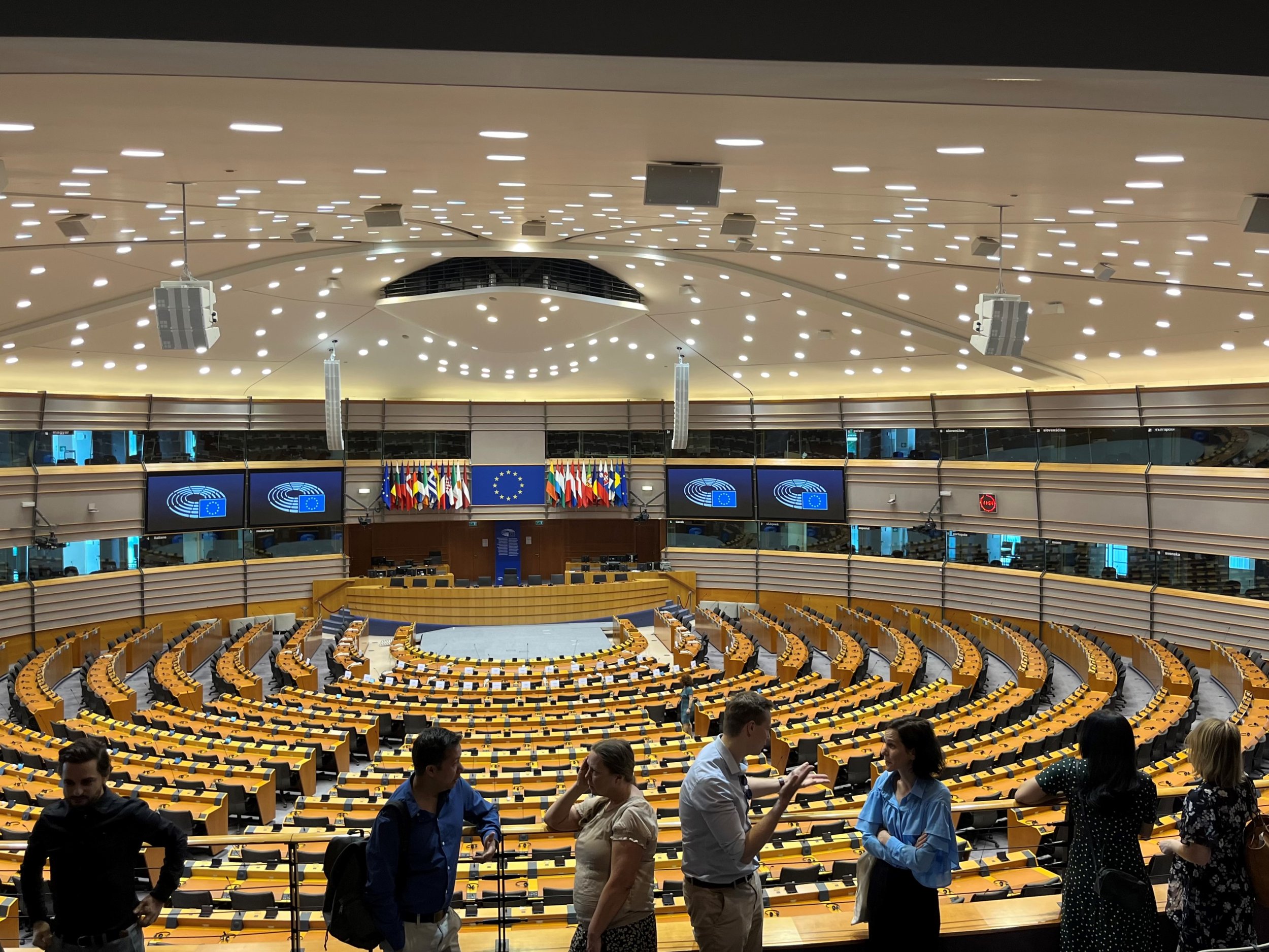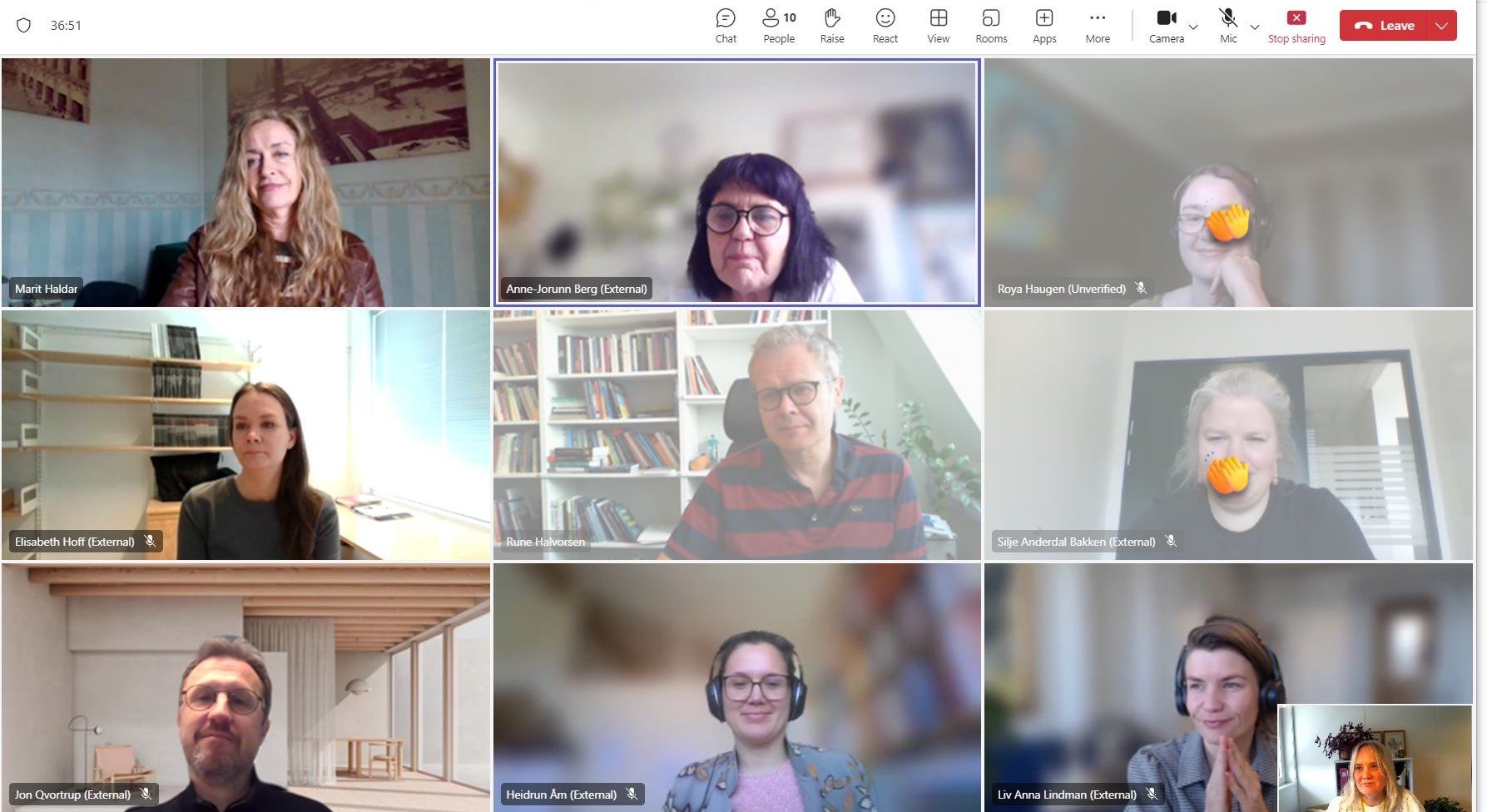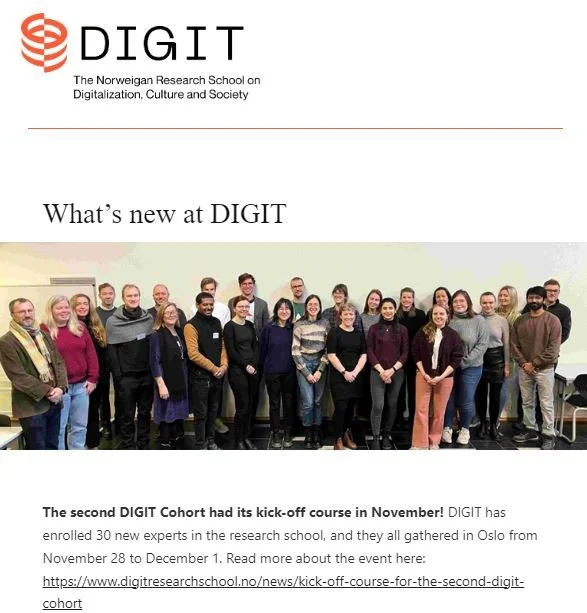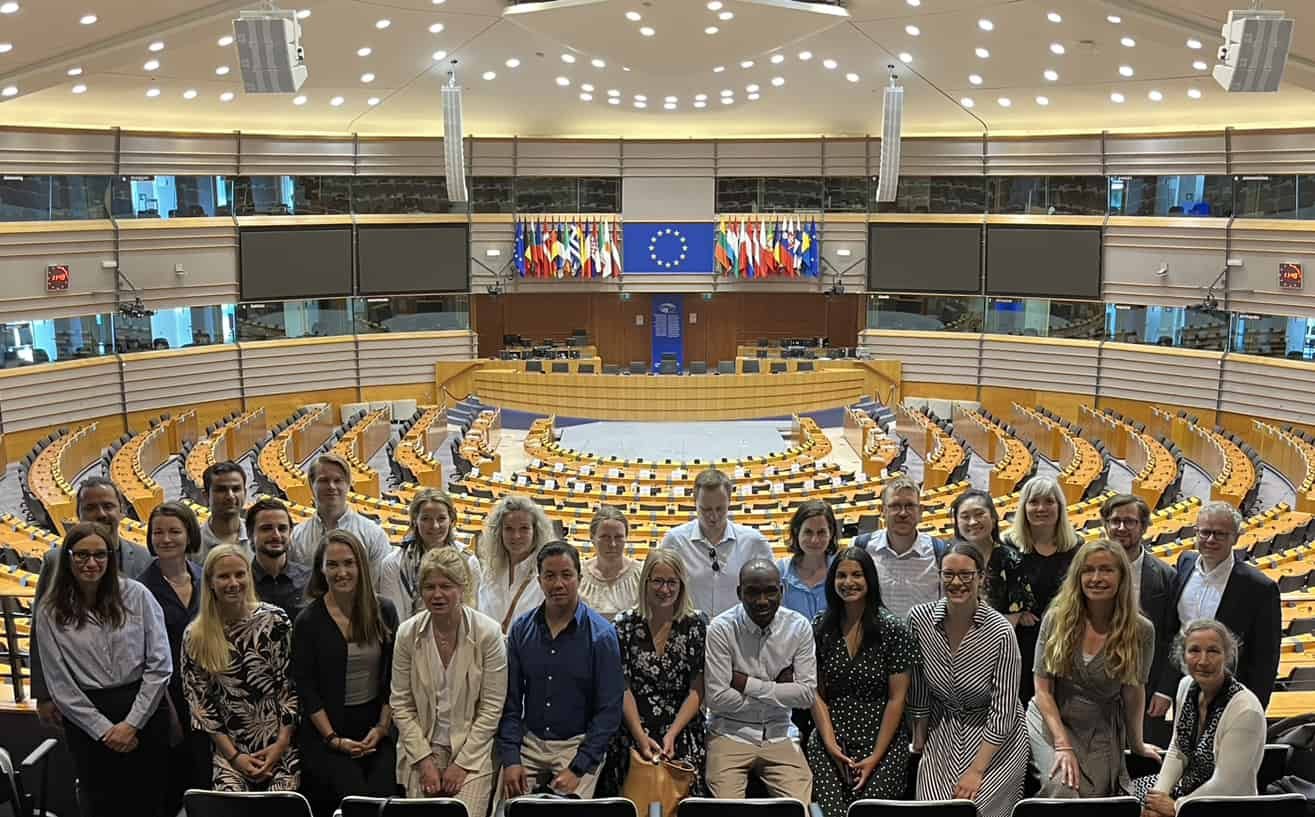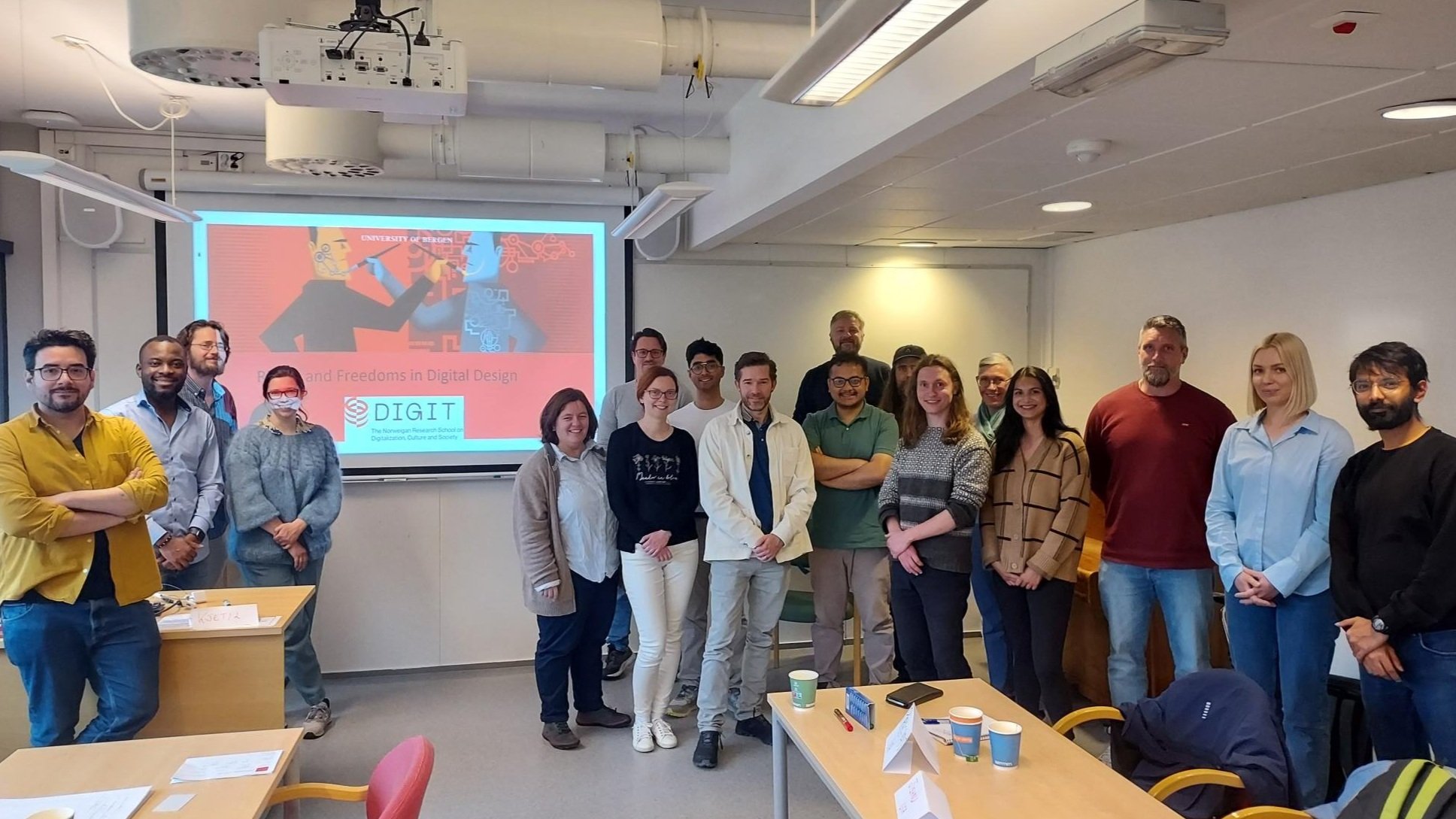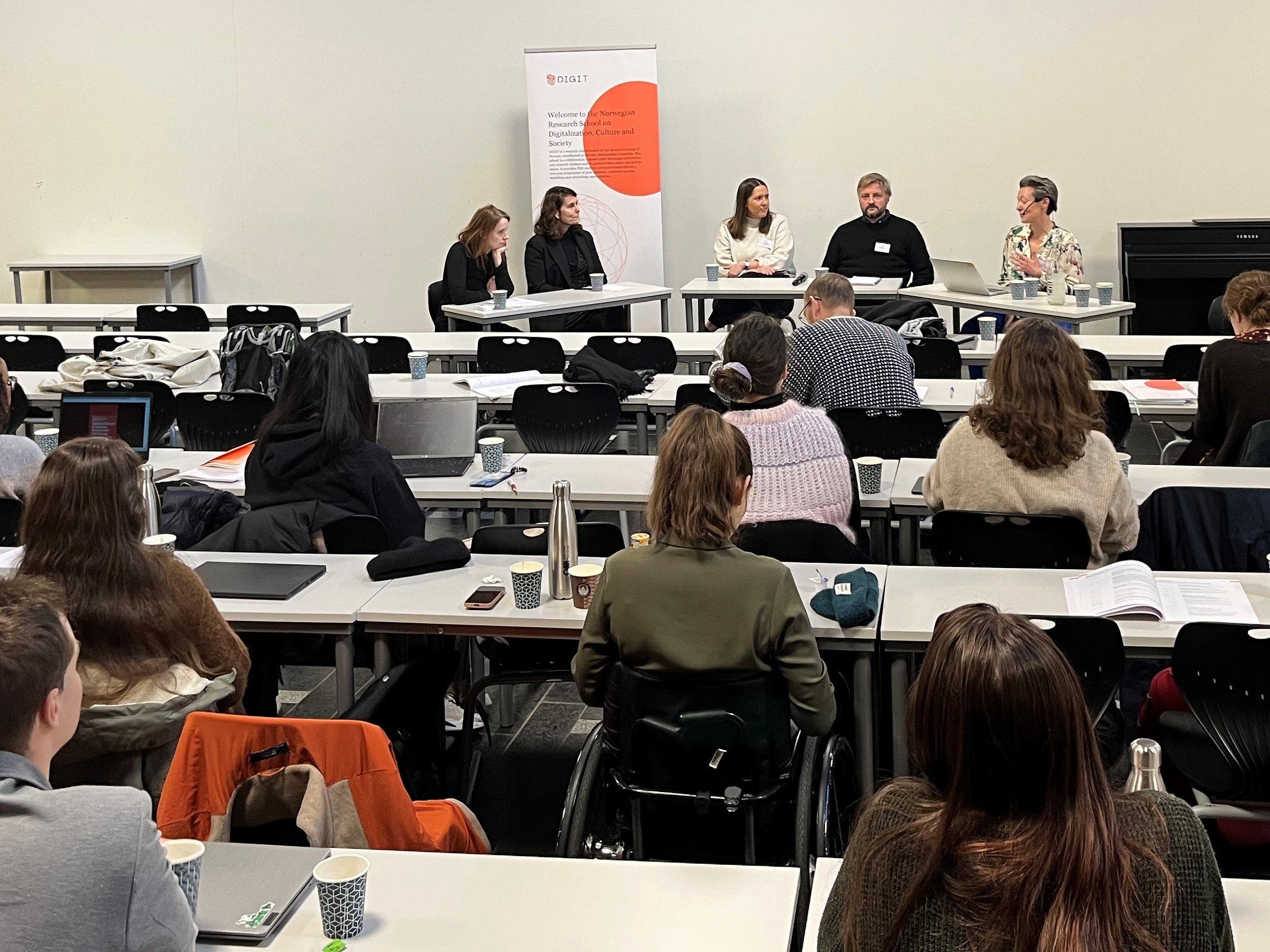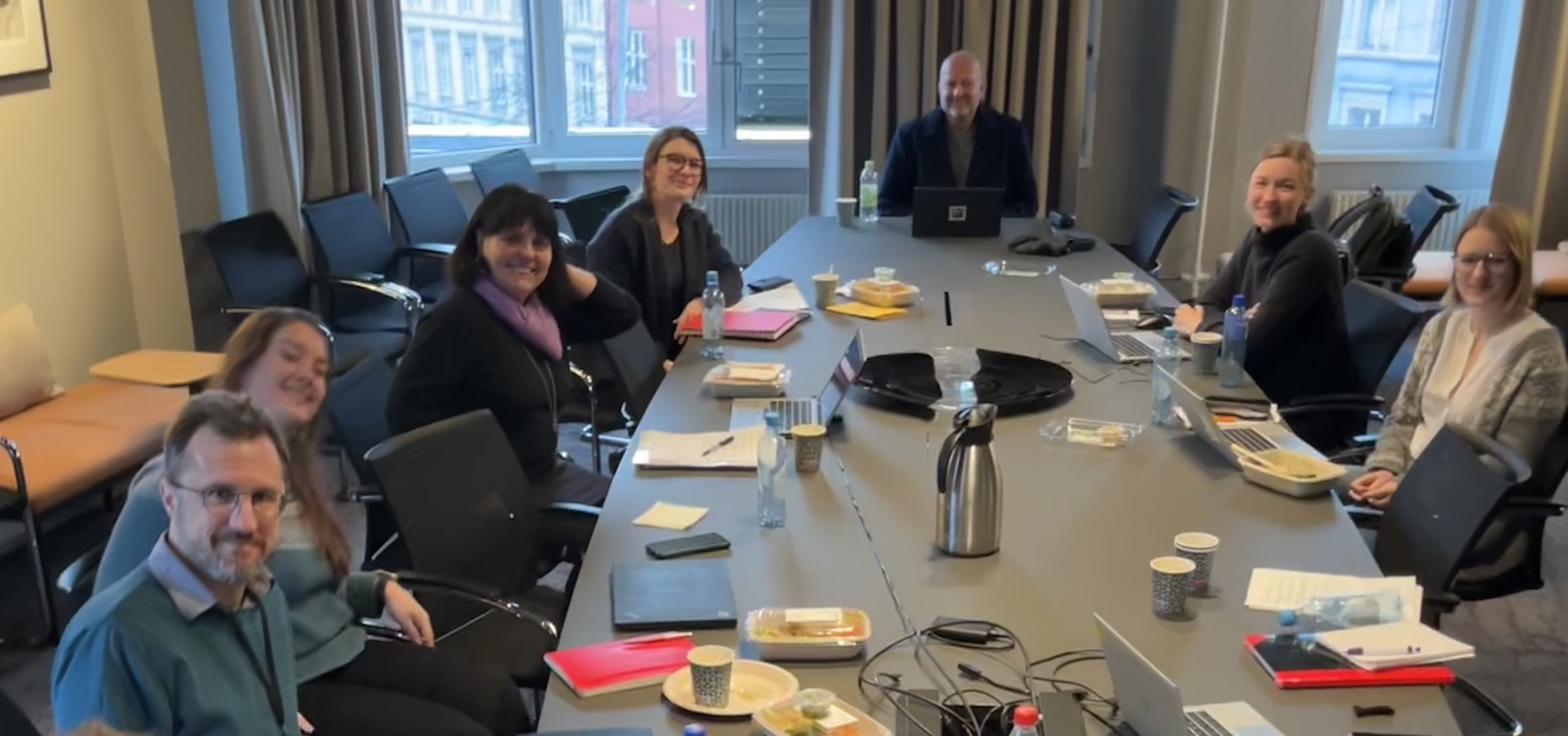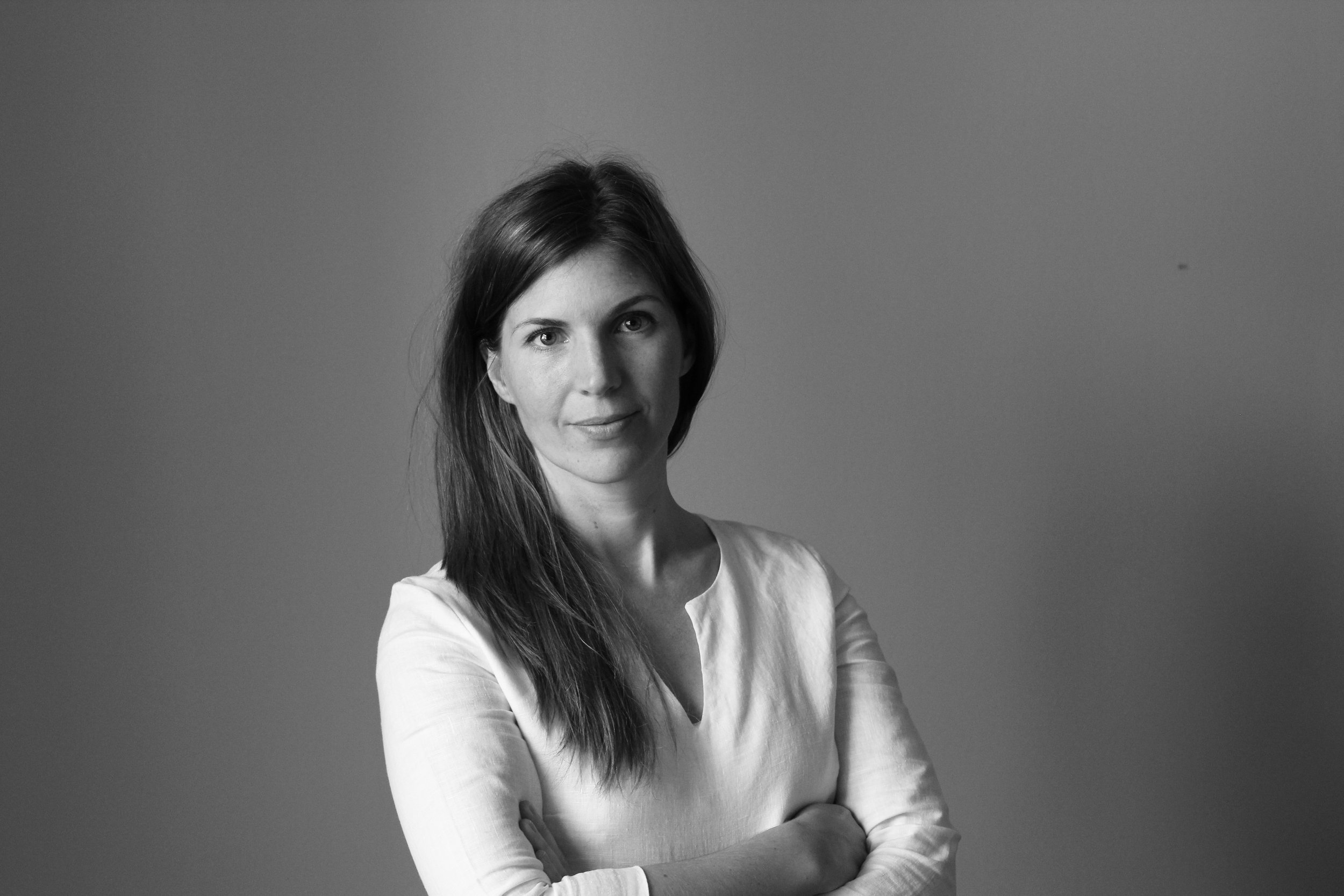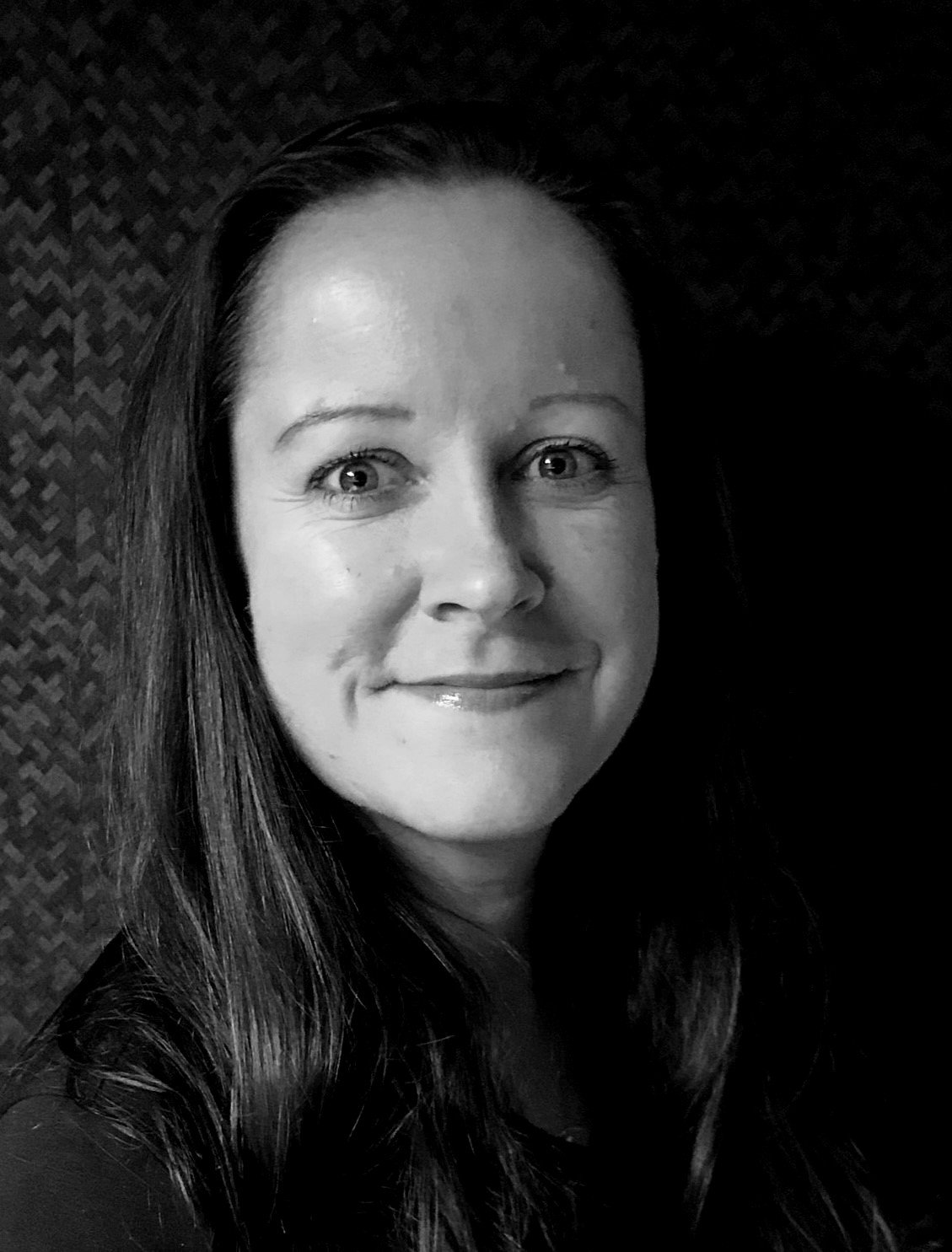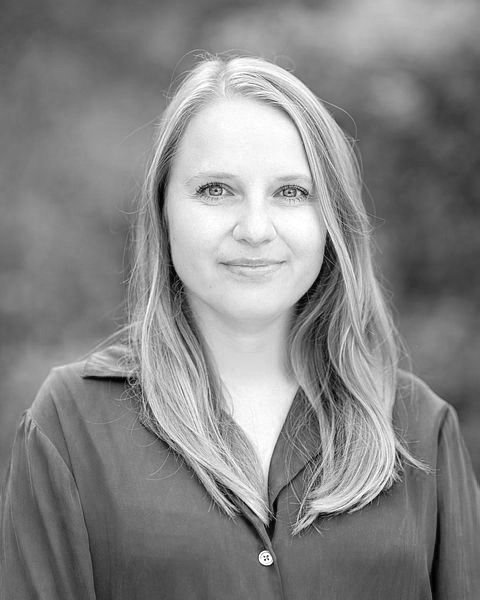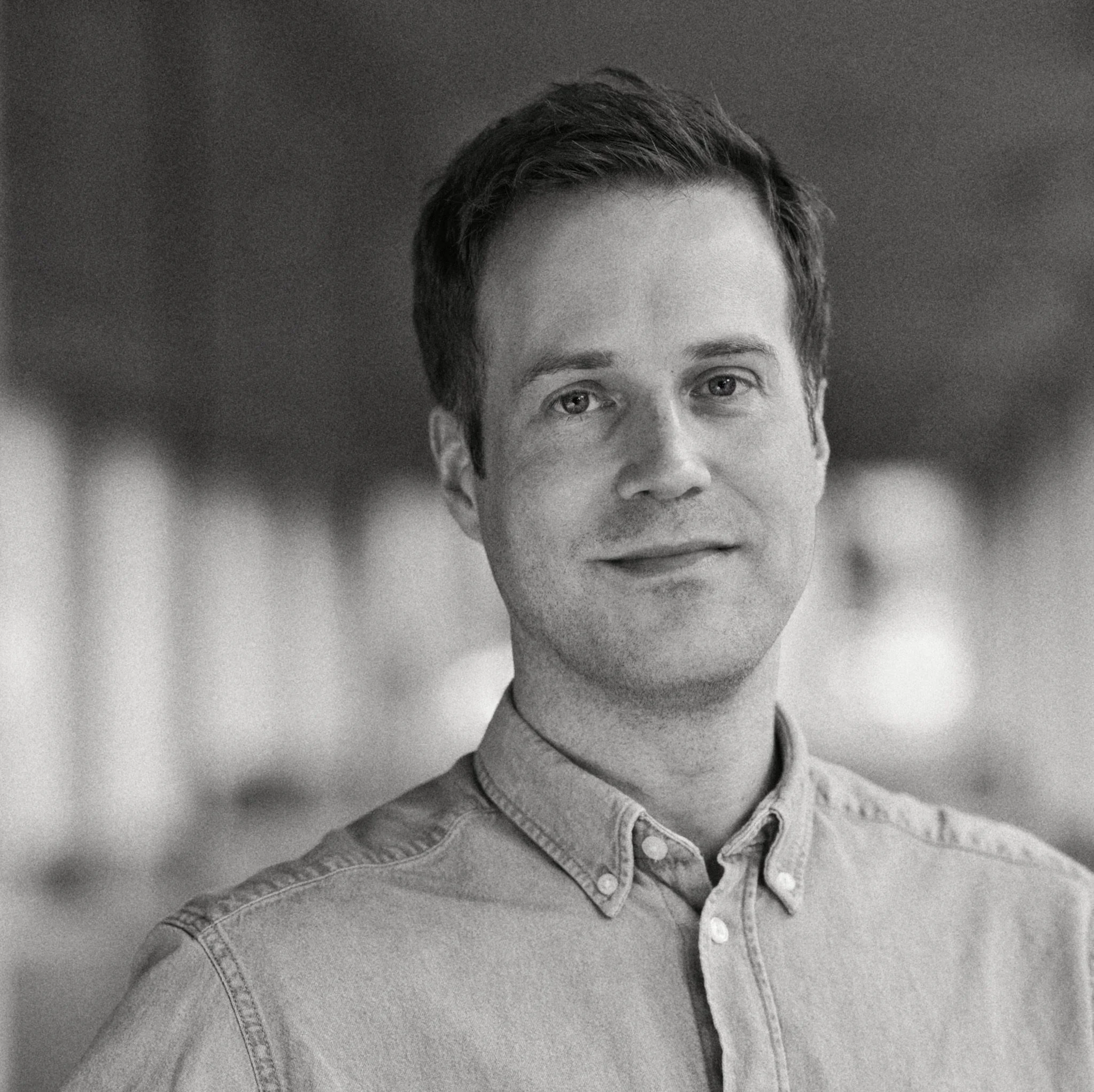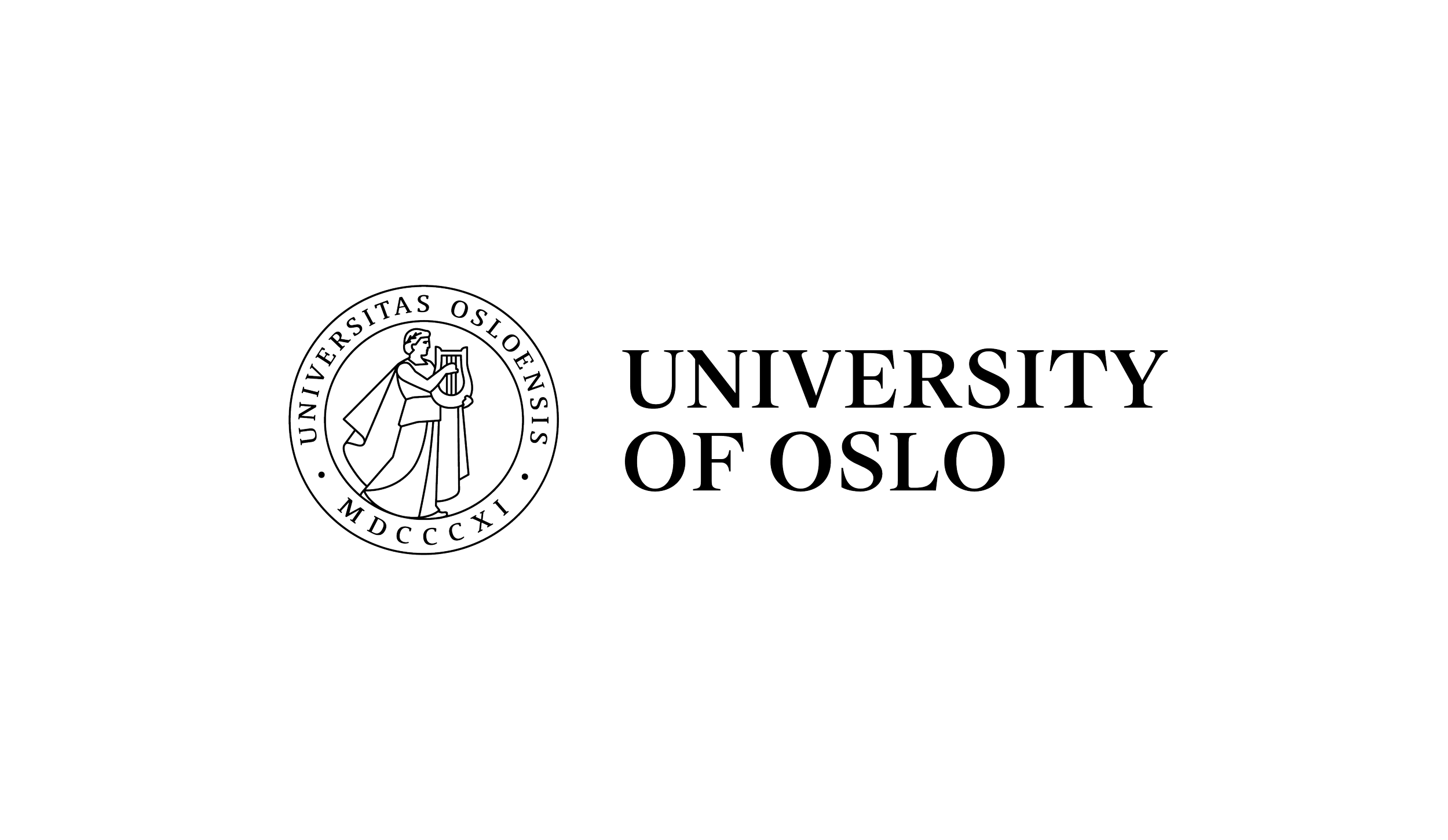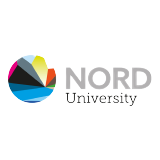Welcome to the Norwegian Research School on
Digitalization,
Culture and Society
Supported by the Research Council of Norway and coordinated at the Oslo Metropolitan University, DIGIT offers a comprehensive two-year program designed for PhD students and postdoctoral fellows enrolled at Norwegian universities. Our program includes a blend of joint seminars, specialized academic courses, interactive workshops, secondments, and extensive networking opportunities. The school represents a collaborative effort among seven Norwegian universities, one research institute, and six partners from both the public and private sectors.
DIGIT Events
What’s New at DIGIT
PhD-Level Courses Offered by Partner Universities
DIGIT wish to provide our PhD candidates with access to a broader range of PhD-level courses and relevant events and support them in building a wider academic network. To facilitate this, we offer financial support for attending relevant courses and events organized by our partner universities. Below, you’ll find a list of courses offered by our partners - please note that this is not exhaustive and offerings may vary from year to year. Registration must be completed throuhg the respective partner organization’s homepage.
DIGIT typically covers travel and accommodation costs, and applications must be submitted in advance of travel.
TIK9025 - Innovation, Welfare and Policy UiO Spring
SP9100 - Kvalitativ metode OsloMet Spring
HFIMK9002 - Photofake UiO Spring
Current trends in e-health research USN Spring
TIK9015 – Practice-Oriented Document Analysis UiO Autumn
SOS8533 - Modern Media and Digitalization NTNU Autumn
New knowledge on digitalisation,
culture and society
“The objective is to produce critical and theory-sensitive knowledge on the relationship between digitalization and societal changes.”
- Marit Haldar, Professor and director of The Research Centre for Digitalization of Public Services and Citizenship (CEDIC) at OsloMet.
The research school aims to provide theoretical frameworks on the role of technology in society such as science and technology studies (STS), posthumanism, philosophies of science, and frameworks on the politics of technologies. The Research School will build capacity on new digital methodologies, such as digital ethnography, visual ethnography, digital narratives, and big data analysis.
Meet the Participants 2023-2025
-
![]()
Amanda Emén
PhD fellow
Norwegian University of Science and Technology
-
![]()
Barbara Waloszek
Ph. D candidate
University of Stavanger
-
![]()
Bright Baffour Antwi
Ph. D. candidate
University of South-Eastern Norway
-
![]()
Catharina Sofie Rodenburg Drejer
Ph. D. candidate
OsloMet
-
![]()
Chantale Tippett
Ph. D. candidate
UiO
-
![]()
Emilie Owens
Ph. D. candidate
University of Oslo
-
![]()
Erik Straume Busserund
Ph. D. candidate
OsloMet
-
![Henriette Lauvhaug Nybakke]()
Henriette Lauvhaug Nybakke
Ph. D. candidate
The Arctic University of Norway (UiT)
-
![]()
Ingebord Spildo
Ph. D. candidate
OsloMet
-
![]()
Ingvild Hatlevoll
Ph. D. candidate
Norwegian University of Science and Technology
-
![]()
Jishnu Das
Ph. D. candidate
University of Agder
-
![]()
Kamilla Knutsen Steinnes
Ph. D. candidate
OsloMet
-
![]()
Kevin Hall
Postdoctoral fellow
Norwegian University of Science and Technology
-
![]()
Margaret Ottesen
Ph. D candidate
Norwegian University of Science and Technology
-
![]()
Martyna Onyszko
Ph. D. candidate
University of Stavanger
-
![]()
Messeret Assefa Adamu
Ph. D. candidate
University of Agder
-
![]()
Mette Haaland-Øvreby
Ph. D. candidate
OsloMet
-
![]()
Monika Kamola
Ph. D. candidate
University of Stavanger
-
![]()
Rakesh Paul
Ph. D. candidate
University of Oslo
-
![]()
Shan Wang
Ph. D. candidate
NTNU
-
![]()
Silje Anderdal Bakken
Postdoc fellow
UiO
-
![]()
Silvia Ecclesia
Ph. D. candidate
Norwegian University of Science and Technology
-
![]()
Steinar Mathisen
Ph. D. candidate
OsloMet
-
![]()
Tanja Knaus
Ph. D. candidate
University of Oslo
-
![]()
Torjus Solheim Eckhoff
Ph. D. candidate
University of Oslo
-
![]()
Vidar Bakkeli
Researcher II
OsloMet
-
![]()
Öznur Karakaş
Postdoctoral fellow
Norwegian University of Science and Technology
Facilitating Dialogue and Collaboration
DIGIT consists of seven Norwegian universities, one research institute, and six external partners from outside the research sector. These academic partners have extensive expertise in their respective research domains. Together, stakeholders collaborate to pinpoint research questions and knowledge gaps, engage in dialogue over explanations and interpretations, and devise innovative courses and methodologies. The Research School is hosted by the Centre for Digitalization of Public Services and Citizenship (CEDIC) at Oslo Metropolitan University (OsloMet).
Interested in Joining the School?
The Norwegian Research School on Digitalization, Culture, and Society (DIGIT) annually selects a limited number of highly qualified PhD students and postdoctoral fellows from Norwegian institutions, continuing this tradition until 2028
DIGIT offers an enriching two-year program that includes joint seminars, academic courses, writing workshops, as well as communication and management training, alongside networking and secondment opportunities, all at no cost to the participants.






